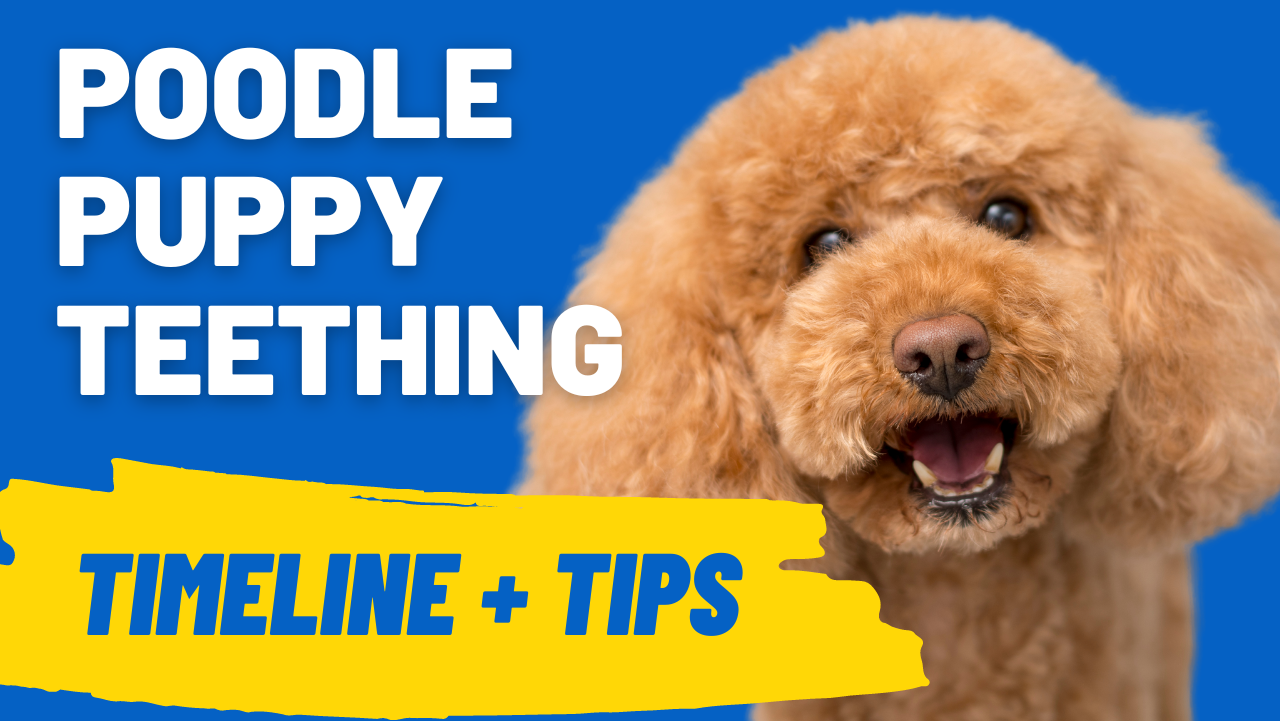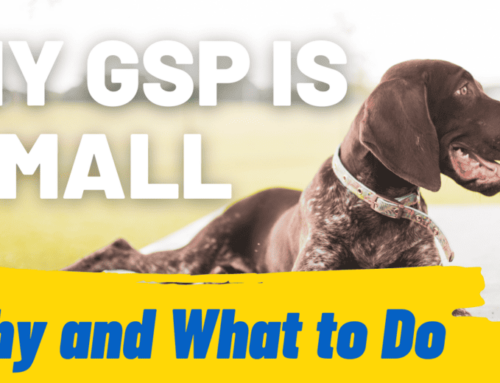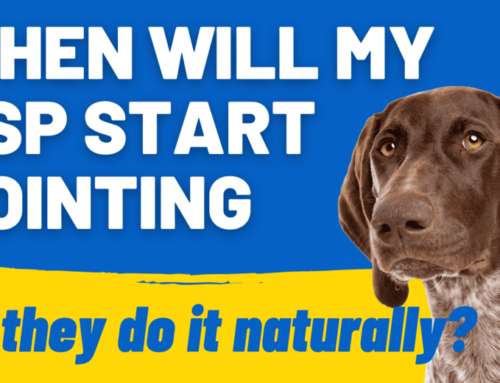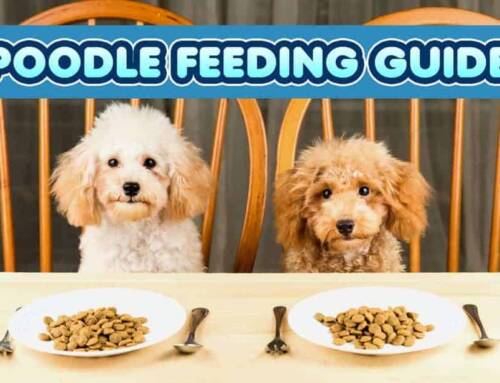Poodle puppies, like all dogs, go through a teething period. There are various phases you will go through during this time, and they can be challenging. Hopefully this guide and teething timeline will help you through your poodle pup’s teething stages.
Teething Stages of Poodle Puppies
During the first stages of your poodle teething, you should expect to see a few signs that can be worrisome.
For one, there may be some small signs of blood, especially on their toys or things they have chewed on.
Other signs may include:
- Excess chewing and gnawing
- Drooling
- Red and swollen gums
- Fever
- Slow eating
- Diarrhea (less common)
You will also likely hear them crying a lot too and showing restlessness. Perhaps you will find a few little teeth around, too, although these are usually swallowed during eating.
Here is an overview of the teething stages you can expect with your poodle puppy:
3 and 4 weeks old
Your poodle’s milk teeth show in this stage of their life. Poodles are born without teeth. The earliest you may see teeth in your poodle puppy is 2-weeks.
Unless you are a breeder, it will be unlikely you will see your puppy ever without teeth.
The order in which your poodle’s teeth come in is the incisors, then the canine teeth, and then the pre-molars.
8 weeks old
All baby teeth should all be in by 8 weeks old. Your puppy will have 28 milk teeth in at this point in their life.
16 weeks old
Your poodle puppy will begin teething and growing their adult teeth at this age.
This stage of dental development is the teething phase. Your poodle pup will now have their adult teeth pushing through their gums, and pushing out their baby teeth.
This is the part of the teething process that can cause pain and the signs of teething listed earlier.
5 to 7 months
You will definitely see your poodle’s adult teeth coming through in this age range.
Much like when they first get their milk teeth, their adult teeth will emerge in this order:
- Incisors
- Canines
- Pre-molars
- Molars
6 to 7 months
It’s a good idea that during this critical time in your poodle’s teething process you have them checked by a veterinarian. They can ensure everything is coming out as it should and there aren’t any retained puppy teeth.
7 to 8 months
Your poodle should have all their adult teeth in by now.
Your puppy will have all 42 teeth in, and the hard part is behind them. Now it’s just about regular maintenance with cleaning and vet checks when required.
You will not need to maintain or clean your puppy’s milk teeth (as long as they eat a healthy diet), however, your poodle’s adult teeth are a different story.
Your poodle’s adult teeth must last them for the rest of their life, and so keeping them clean and healthy not only helps them but can save you on expensive vet bills later.
There are treats and toys that can help with this, but teeth brushing 3 times per week is a good way to keep teeth healthy.
You might also like to read our post on Puppy Teeth Discoloration.
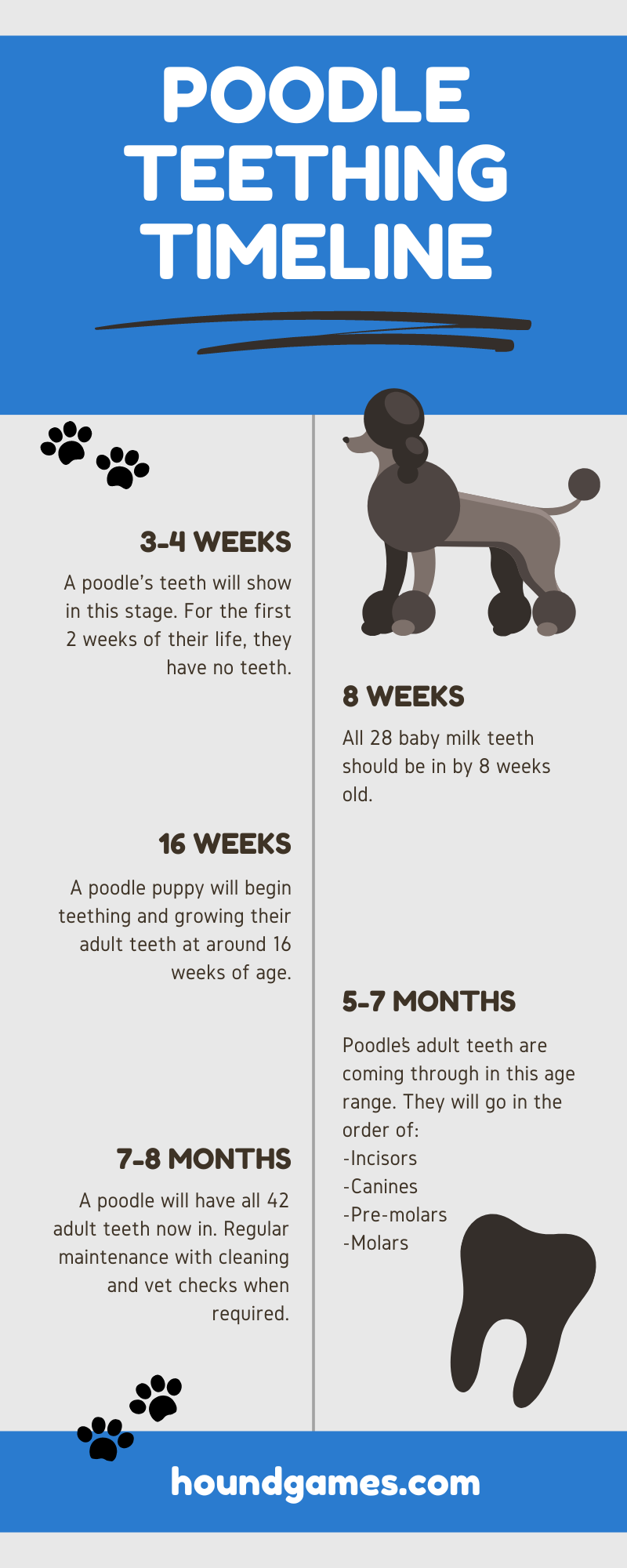
When do Poodles lose their baby teeth?
Poodle puppies will lose their baby teeth at around 4 to 5 months old – though it can be sooner. There are 28 baby teeth in total. Once gone, they will be replaced by 42 adult teeth, with 20 on top and 22 on the bottom.
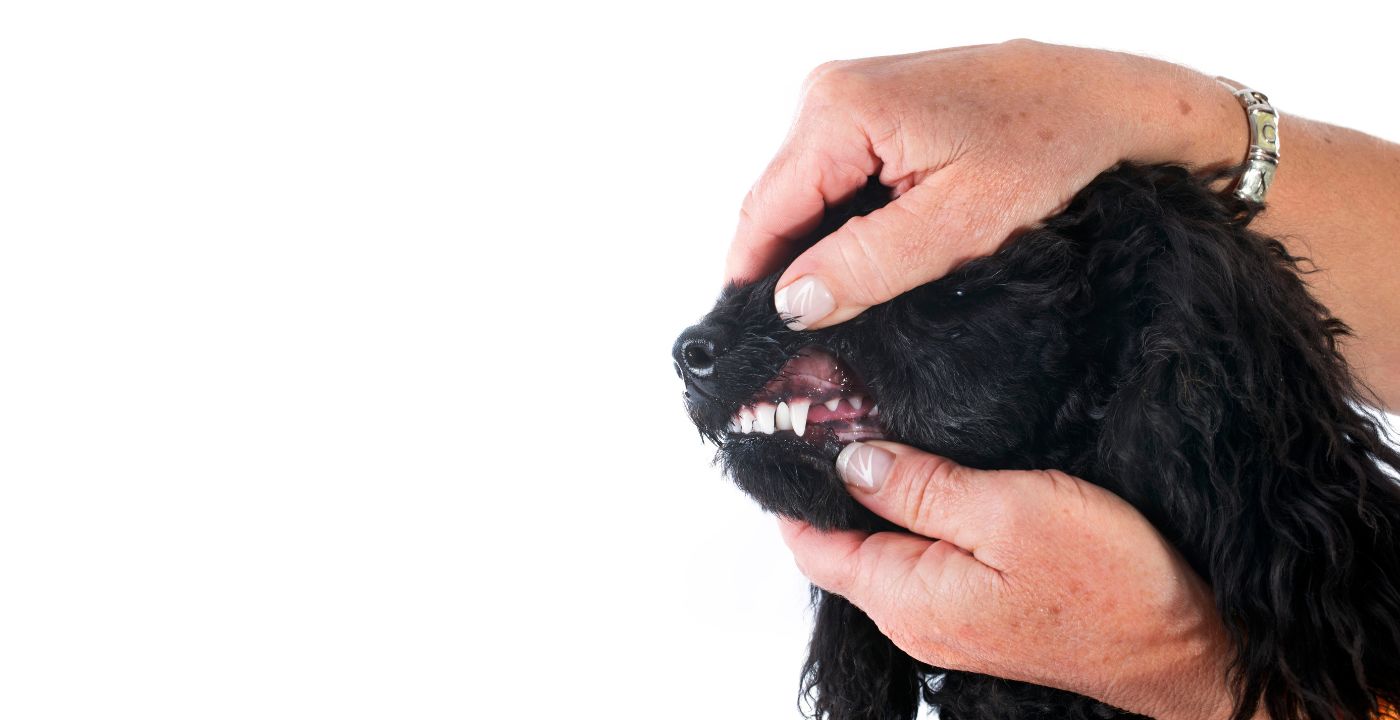
When do Poodles stop teething?
Poodle puppies stop teething at around 7 to 8 months old. Some poodles may stop teething earlier than this, as the timing isn’t the same for all dogs. However, the process in which it happens is the same.
How long do Poodles teethe for?
The entire teething process will be complete by the age of 8 months. The actual teething process, however, lasts from a period of 4 months to 8 months of age. So the actual time span of poodles teething lasts for 4 months in total.
What are retained puppy teeth?
If your puppy has baby teeth that won’t come out, and are impeding the growth of adult teeth, then they have retained teeth.
If you suspect your puppy has any retained teeth, then you should get them to the vet so they can be extracted. If not dealt with, this problem can cause issues later on.
Recommended Poodle Teething Toys
All puppies, poodle or not, require chew toys during their teething period. It not only can soothe their gums, but also helps with the teething process.
And it avoids your pup chewing on your furniture and your favorite things!
It’s also a great idea to find chew toys that can be frozen, as a cold chew toy can be a great way to soothe inflamed and swollen gums.
These are the chew toys we recommend for poodle pups:

Nylabone Puppy Chew Toys triple pack is a great way to keep your poodle pup chewing on the things you want them to chew on. They have flavors and as there are three of them, you can switch them for something new.

Kong Puppy Chew Toys are a great way to soothe your puppy during teething. Fill them up with some wet food and freeze for longer-lasting chew fun.
Managing Teething Poodles
Poodle puppies can have razor-sharp teeth, and during teething, these teeth can cause all sorts of damage to your belongings and household.
Here are some things you can do to help:
Puppy proof your house
You can use bitter apple spray or other bitter-tasting deterrents on furniture legs, or on things that your puppy is fond of chewing.
Also, consider using puppy gates to keep them out of rooms you’d rather keep in good condition.
Show no emotion
Reacting emotionally to your puppy eating your expensive shoes is natural. But it can also be damaging. Your puppy is doing what is natural to them and doesn’t know that your shoes cost $150.
You definitely don’t want to give your puppy anxiety, as this can lead to much worse problems.
Redirect, don’t punish
Your poodle puppy will teeth on anything that will fit in their mouth and provide relief.
Imagine if your puppy was a baby and they chewed on car keys. You wouldn’t tell them off for doing so. You would remove the keys and give them a baby toy to chew on.
The same principle should be used on your puppy for everything they do, not just chewing. If your puppy does something you don’t like, redirect them to a positive interaction. This is the basis of positive training and will help your dog grow into a happy, well-rounded poodle.
Be aware of possible problems
Remove things before your puppy gets to them and makes a problem. If your shoes aren’t accessible then they can’t be destroyed. Making sure everyone in the house is on the same page also helps!
Crate training
Crate training your poodle will also help when it comes to keeping them out of trouble. Being able to place your poodle into their crate with a cold chew toy is a lifesaver!
Place training
We also recommend you do place training with your puppy, as this way you can send them to a place that is more desirable than gnawing on a chair leg.
We made a puppy play mat for this purpose and attached lots of chew toys to keep them occupied! Go to our shop to buy it today.
Does Teething Cause Diarrhea?
Yes, teething can cause diarrhea. Diarrhea can occur from your puppy swallowing lots of drool and upsetting their stomach. You can give boiled chicken to your puppy, or a bit of canned pumpkin on plain rice, until the diarrhea subsides. If it doesn’t then it’s best to see your veterinarian.
You might also like to read our post, Dog is Pooping Jelly: (What To Do)
Does Teething Cause Fever?
Just like human babies, puppy teething can cause a fever in your dog. This fever should be monitored and if it climbs too high, then seek the help of your veterinarian.
Conclusion
Poodle puppies going through teething can be hard not only on the pup, but also on the owner. Whining and excessive chewing can be overwhelming.
But following the advice in this post, we hope you can get through the stages of poodle teething without too much trouble!
Are you interested in reading, Teacup Poodles: Breed Information, Behaviors, Training, and Health
References
https://bluebuffalo.com/articles/dog/how-to-puppy-proof-your-home/
https://vcahospitals.com/know-your-pet/teeth-teething-and-chewing-in-puppies

